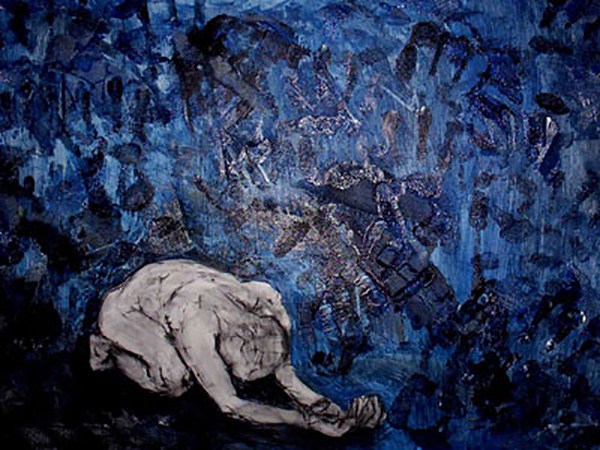[DISPLAY_ULTIMATE_SOCIAL_ICONS]

Today: Psalms 70; Acts 3; 2 Samuel 9 & 10
Psalms 70
“But I am poor and needy; make haste to me, O God! You are my help and my deliverer; O LORD do not delay.” Psalm 70:5
There are times when all of us feel “poor and needy” as David did in Psalms 70. David didn’t just cry out to God when he felt like this. He also declared that God was his “help and… deliverer.” Even BEFORE God came to David’s aid, he praised God. David didn’t wait for God’s deliverance to praise. Even in the midst of his despair, David proclaimed, “Let those who love Your salvation say continually, ‘Let God be magnified!'” (v.4)

Acts 3
Notice the abrupt change in Peter. He had been the brash, unpolished, impulsive apostle. He ran away when Jesus was arrested and denied Jesus three times.
Yet suddenly, Peter was full of confidence and courage. Suddenly, Peter, an uneducated fisherman, was preaching to crowds of people.
The difference was the Holy Spirit. Peter was now filled with the Holy Spirit. This Holy Spirit can be the difference between being a fearful, foolish person and a courageous, wise warrior for Christ.
Peter proclaimed that the lame man had been healed by the name of Jesus, “through faith in His name, has made this man strong…. Yes, the faith which comes through [Jesus] has given him this perfect soundness… ” (v.16) Jesus’ name is our strength and healing. Faith in Jesus gives us “perfect soundness.”
How do we access this strength and healing, the perfect soundness of Jesus Christ?
Peter explained again, “Repent therefore and be converted, that your sins may be blotted out, so that times of refreshing may come from the presence of the Lord…” (v.19)
There it is again… that inconvenient, offensive word… “REPENT.”
This was the first message to be delivered (twice now) by the first apostle to preach after he was filled with the Holy Spirit at Pentecost. This message is important. Peter didn’t say go to church or do good deeds. He said, “REPENT.” This is the gospel of Jesus Christ.

2 Samuel 9
David’s kindness to Mephibosheth, Jonathan’s son (Saul’s grandson) was unprecedented. David brought Meshibosheth, who was lame in both legs, to his own table to eat and live in protected comfort for the rest of his life. Such things were never done. New kings were much more likely to execute all of their predecessor’s children to remove any possible heirs to the throne.
David had been a warrior, a man who shed much blood. Yet he still had the heart of God. He still was capable of great kindness and forgiveness.



